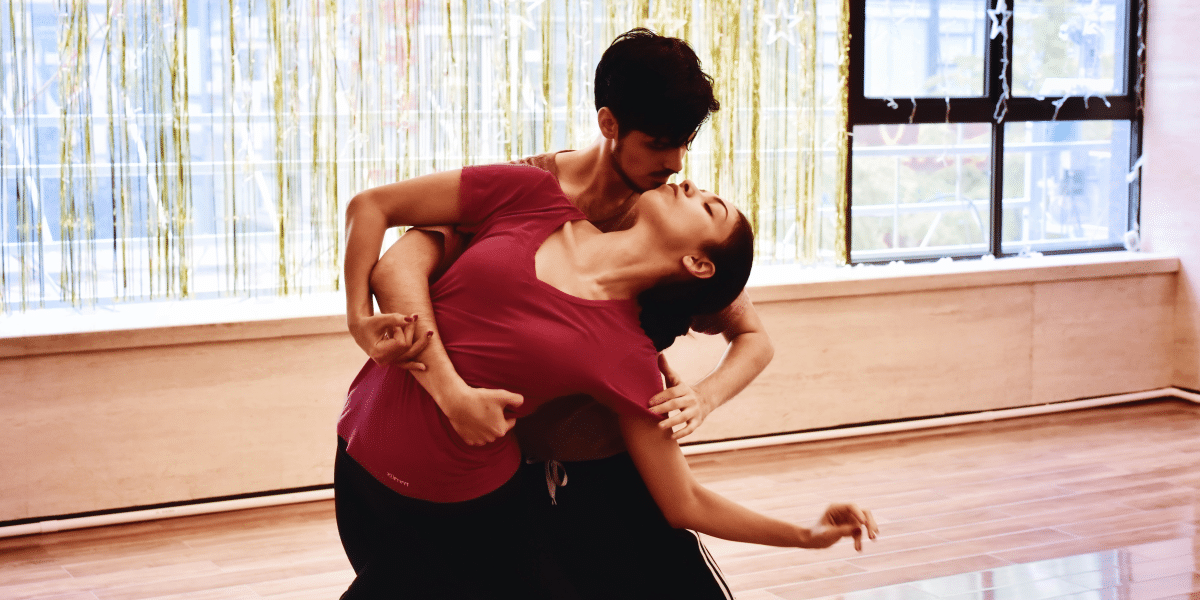For athletes, the spotlight shines bright. We see their triumphs, marvel at their physical feats, and sometimes forget that beneath the jersey beats the heart of a human being – a heart susceptible to the same stresses and strains as any of ours. The world of sports is starting to recognize the hidden side of the game: the impact intense competition, relentless pressure, and grueling schedules have on athletes’ mental health.
Picture this: your entire career hinges on a few crucial moments, the roar of the crowd fills your ears, a single misstep could shatter dreams you’ve held since childhood. This is the reality many athletes face. It’s a pressure unlike what most of us will ever experience.
“High-level sports create an environment where immense pressure is the norm,” explains a sports psychologist who works with elite athletes. “There’s pressure to succeed, pressure to avoid injuries, and the relentless pressure of public scrutiny.”
The life of an athlete can be deeply isolating. Grueling travel schedules, injuries disrupting social lives, and the singular focus required for top performance take a toll. The ‘warrior’ mentality often praised in sports can make it difficult to admit vulnerability or ask for help with emotional struggles.
When the Mind Falters
It’s easy to assume that athletes, with their physical prowess and competitive drive, have nerves of steel. But the reality is often far different. Anxiety can manifest itself in crippling stage fright before the big game, paralyzing panic attacks that strike out of nowhere, and a constant, gnawing fear of letting everyone down – the team, the fans, themselves. This relentless anxiety can eat away at an athlete’s confidence, seep into their personal life, and sabotage their ability to enjoy the sport they love.
The weight of expectations can be crushing, and setbacks are part of the game. But for some athletes, a disappointing loss can plunge them into a spiral of depression. Injuries feel like more than just a physical hurdle – they become career-threatening and jeopardize the very identity they’ve built. The line between pushing oneself to succeed and falling into despair can be shockingly thin.
The athletic world places a relentless focus on the body, often with an unhealthy emphasis on a specific weight or physique. For vulnerable athletes, this can trigger, or worsen, disordered eating. They may fall into the trap of believing that extreme control over food equates to control over their performance, a mindset that can have devastating consequences, both physically and emotionally. “For some athletes, the struggle with disordered eating can overshadow any joy they once found in their sport,” confirms a nutritionist specializing in working with athletes.
For too long, mental health struggles in sports have been swept under the rug. “Tough it out” or “mind over matter” were the mantras, and admitting anything less than top mental performance was seen as a sign of weakness. Thankfully, this tide is starting to shift.
High-profile athletes like Simone Biles, Naomi Osaka, and Kevin Love, by candidly sharing their own mental health battles, have done a tremendous service. They’ve shown that even the seemingly strongest among us experience internal struggles and that asking for help is a sign of courage, not failure.
Changing the Game: Prioritizing Mental Health in Sports
It’s not enough to just acknowledge that athletes face mental health challenges – the sports world needs a fundamental shift in how it views and supports these issues. The old “suck it up” mentality has to go. Creating a culture where athletes feel safe talking about their struggles is the first step. It needs to become as commonplace for an athlete to see a sports psychologist as it is to see a physical therapist for an injury.
Education is key. Athletes, coaches, and support staff all need to understand how to recognize the signs of mental health struggles, know when to intervene, and how to connect someone with the right resources. Preventative measures, like stress-management workshops and mindfulness training, shouldn’t be seen as a luxury, but integrated as part of an athlete’s overall training. “Equipping athletes with mental tools should be just as standard as training them physically,” argues a former athlete turned mental health advocate.
We need to broaden our view of what it means to be a successful athlete. Yes, wins and medals matter, but they can’t come at the expense of an athlete’s long-term wellbeing. Emphasizing overall health and celebrating athletes who speak openly about their struggles helps create a culture where asking for help becomes a sign of strength.
Retirement from sports can be a brutal transition. Athletes going from a highly structured life, where their identity is intrinsically tied to their sport, to a far less-defined existence often face a mental health crisis. Support systems, career counseling, and resources specifically tailored to help manage the transition out of professional sports are crucial. “Athletes dedicate their lives to their sport; we owe it to them to help prepare for the day they step away from the arena,” says a sports psychologist who works with retired athletes.






